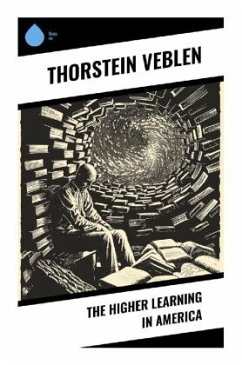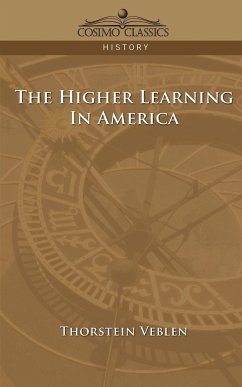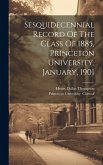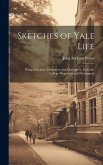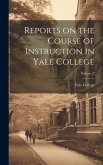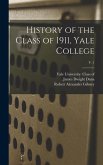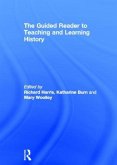In "The Higher Learning in America," Thorstein Veblen offers a critical examination of the American higher education system at the turn of the 20th century, melding sociological analysis with his signature satirical style. Veblen explores the contradictions inherent in the pursuit of knowledge within a capitalist framework, dissecting how universities often prioritize social status and economic power over genuine intellectual pursuits. His incisive commentary reflects the zeitgeist of an era characterized by rapid industrialization and cultural change, making this work a compelling critique of both educational institutions and societal values. Thorstein Veblen, an influential economist and sociologist, is best known for his pioneering theories on the relationship between economics and social behavior. His experiences as an academic-juggling the tensions between knowledge production and institutional expectations-greatly informed his perspective in this work. Veblen's unique background, shaped by the social complexities of late 19th-century America, enables him to adeptly argue for a re-envisioning of educational aims that transcend mere economic utility. This book is essential for anyone interested in the intersection of education, sociology, and economics. Veblen's sharp wit and profound insights challenge readers to reconsider the purpose of higher education, making it a timeless work that resonates in contemporary debates about the value and direction of academia.
Bitte wählen Sie Ihr Anliegen aus.
Rechnungen
Retourenschein anfordern
Bestellstatus
Storno

